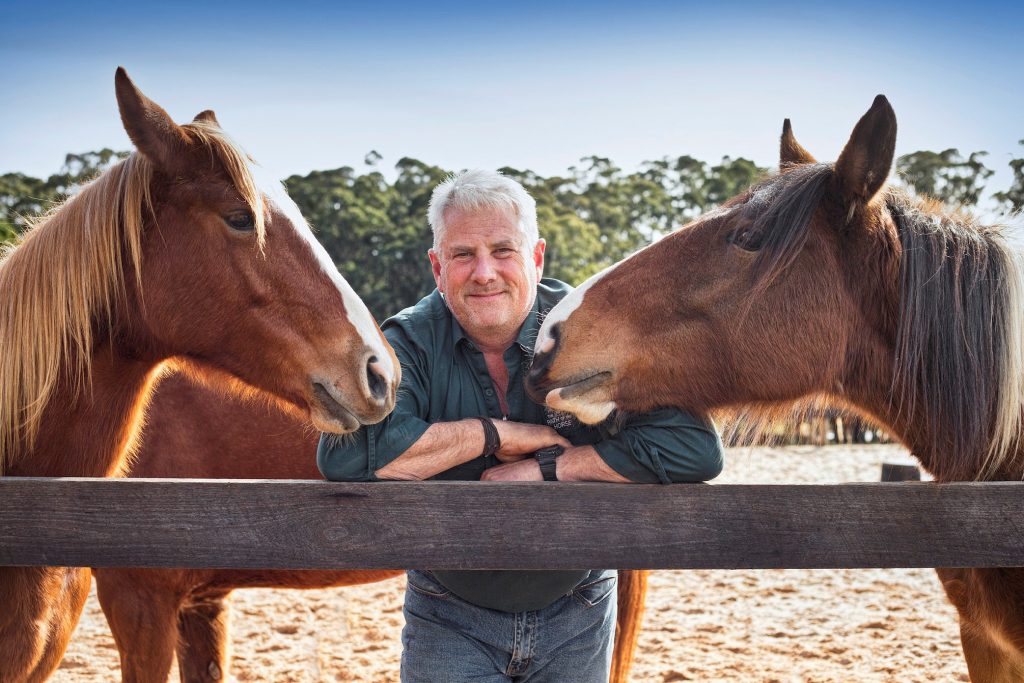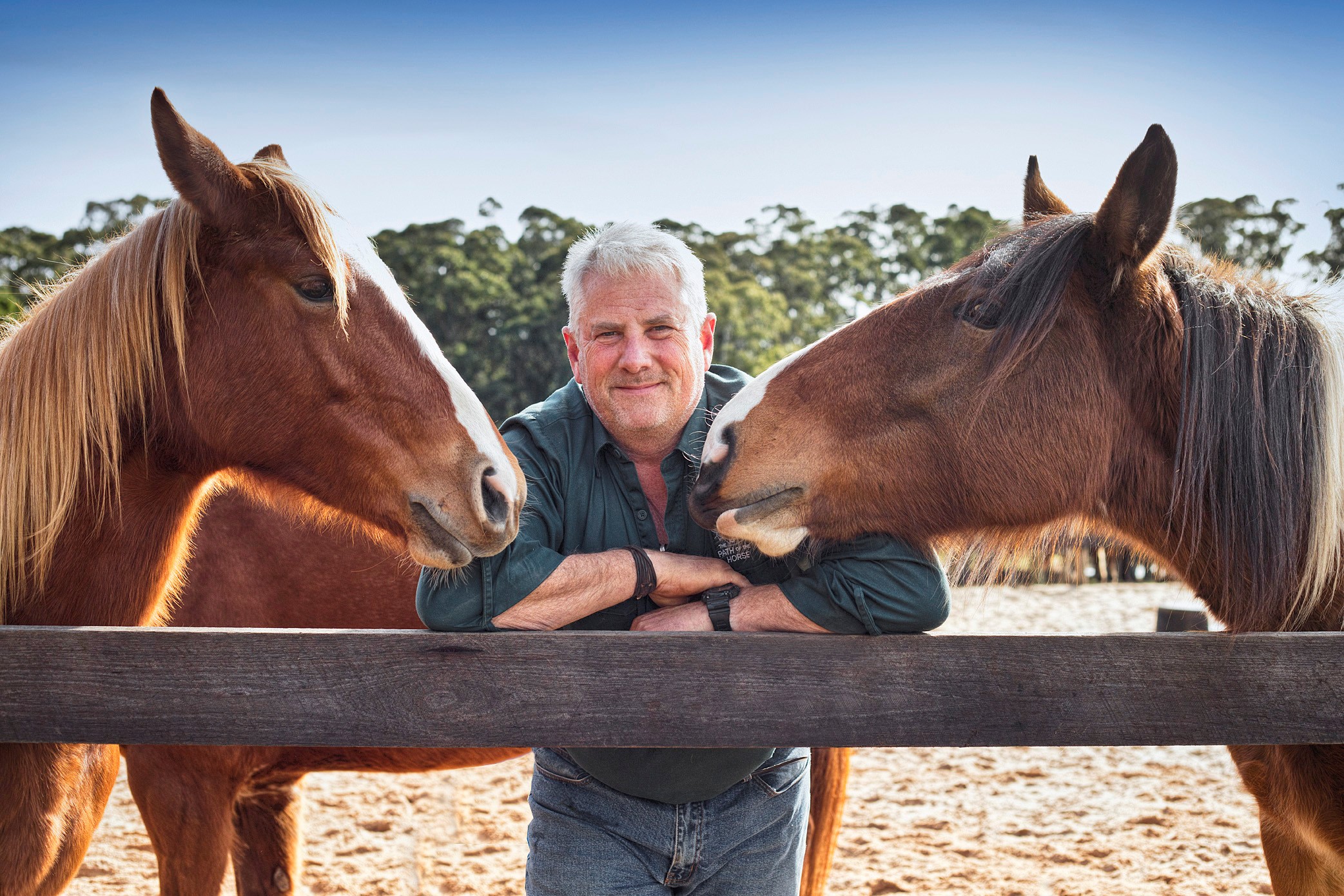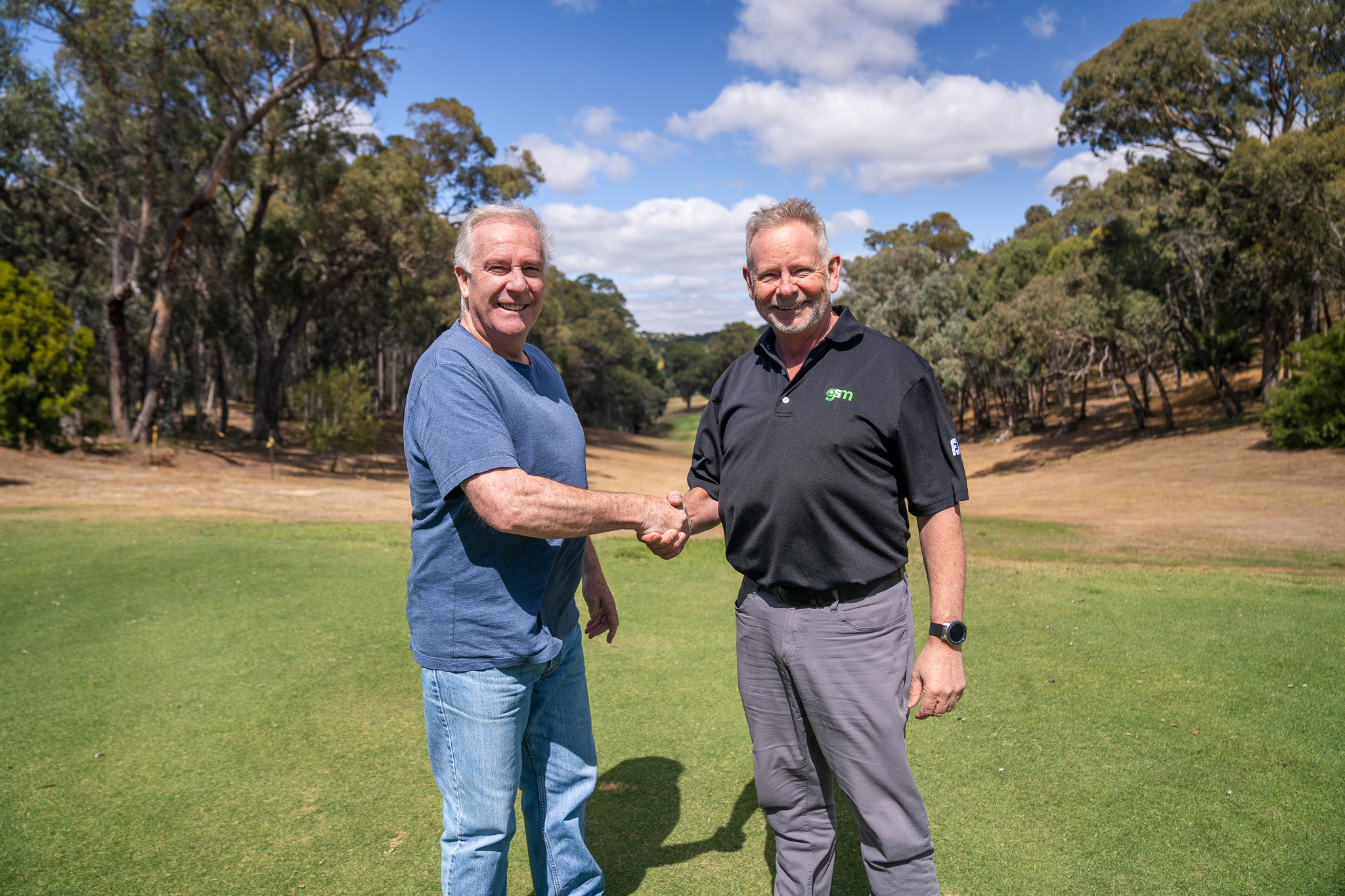January 1st, 2022Treading the Path of the Horse
HUMANS and horses as a species have been intertwined for nearly 6000 years and it has been for the most part, a relationship built on necessity.
But the arrival of machines and internal combustion engines was far from the end of the horse as far as our relationship with them was concerned. They remain as our companions in sports, recreation and in recent decades, as participants in the practice of equine psychotherapy. Dean Mighell, founder and director of the fundraising charity The Path of the Horse is a practitioner of this form of treatment based in the Wombat State Forest near Trentham, at the John Monash Equine Therapy Centre.

“After working in the labour movement for 25 years I decided to get away from the conflict and politics and get some peace in my life. At the same time, I became interested in the treatment of US military veterans suffering post-traumatic stress disorder using horses. I thought ‘Wow, I have a lot of experience with horses and I’ve got a beautiful place in Trentham, I’ll do something like that here’.”
Dean began his own journey on the path of the horse in his early 20s. And over the years he continued to develop his skills working on weekend trail rides through the Barmah Forest. But he realised that he did not know enough about helping people with mental health issues and would have to learn more about the profession; especially if he wanted to include horses.
Then while on a trail ride, someone mentioned Meg Kirby of the Equine Psychotherapy Institute, based at Mt Prospect near Daylesford. He got in contact and soon completed its Equine Assisted Learning Practitioner program. He has also completed an Advanced Trauma Training course and continues to study at the Gestalt Institute of Australia.
By 2015, Dean began developing his property with facilities for conducting treatment sessions and gradually acquired a motley collection of horses and ponies who love nothing more than to say hello, make friends, get pats and help people heal.
“My herd ranges in age from two to 20. Montana is the youngest and Rocky is the oldest,” says Dean, “and they are trained specifically for their role as therapy horses. Most of the work we do is ground work and very gentle but the training is really important because safety is paramount physically and mentally for both horse and person. However, I still want my horses to be an inquisitive bunch. They are all very individual and very curious about new people, new opportunities.”
Since The Path of the Horse was established, they have been building up a client base that covers a wide spectrum. Dean has worked with children as young as 10 and teenagers. He has assisted people with autism, people battling addictions, grief and issues with self-harm. Sessions at the John Monash Equine Therapy Centre have also included soldiers, emergency services workers and nurses with conditions such as PTSD, anxiety and depression. There are also many clients, especially women, recovering from relationship trauma and other conditions.
And while the last few months have been difficult, with visitors thinning and group sessions out of the question, the time has been a very enlightening one.
“It did go pretty quiet for a while but we continued much of our critical work helping those with trauma, anxiety and depression via Facetime and Zoom.
“In fact, some of our client base actually were really enjoying the time out.
“The solitude, the slowing down, the time to reflect on themselves, relationships and such. But what we also have noticed, especially in the last month since COVID-19 started to really bite, was other people feeling the negative effects of isolation. Some found it very, very difficult particularly in the last month.”
However, things are looking good for The Path of the Horse now that social restrictions have been eased. In recent weeks they have already started to get more enquiries. “We have seen more people coming out for support work,” says Dean “and more are really beginning to understand what lovely assistants our horses are.”
Words: Tony Sawrey Image: David White










